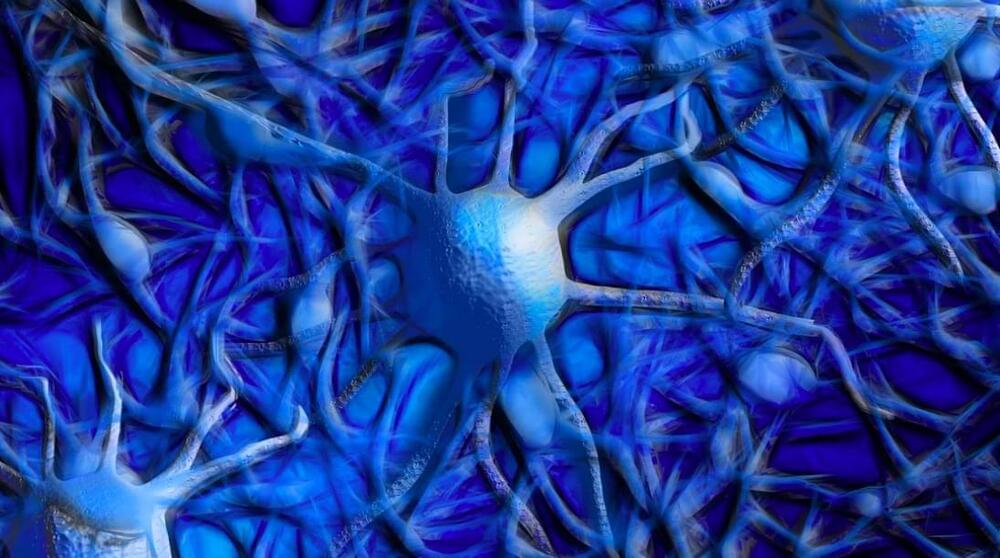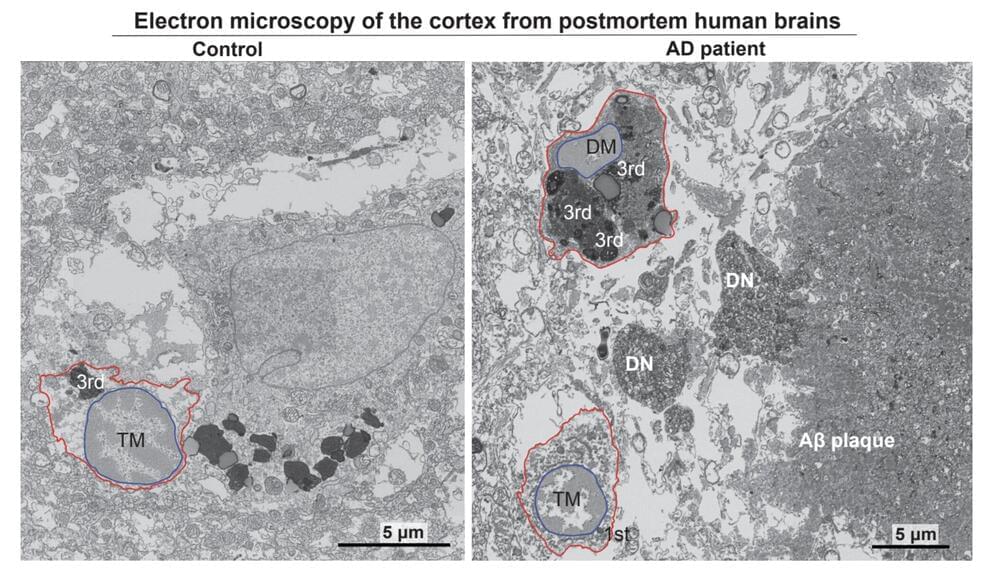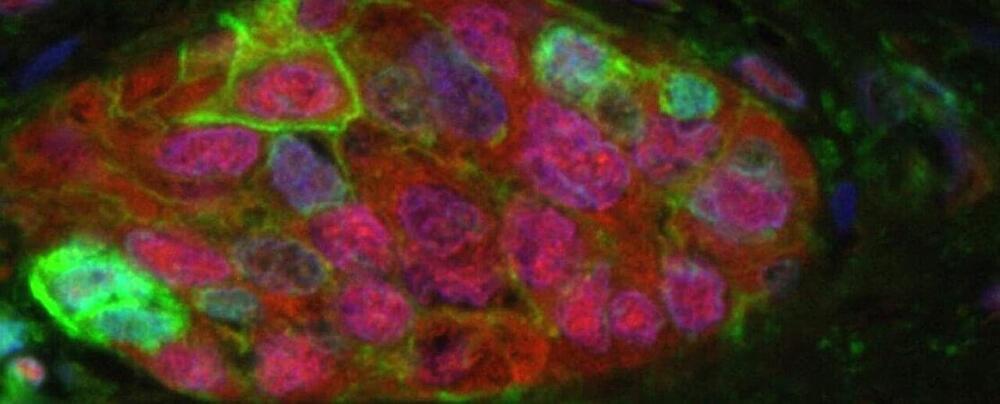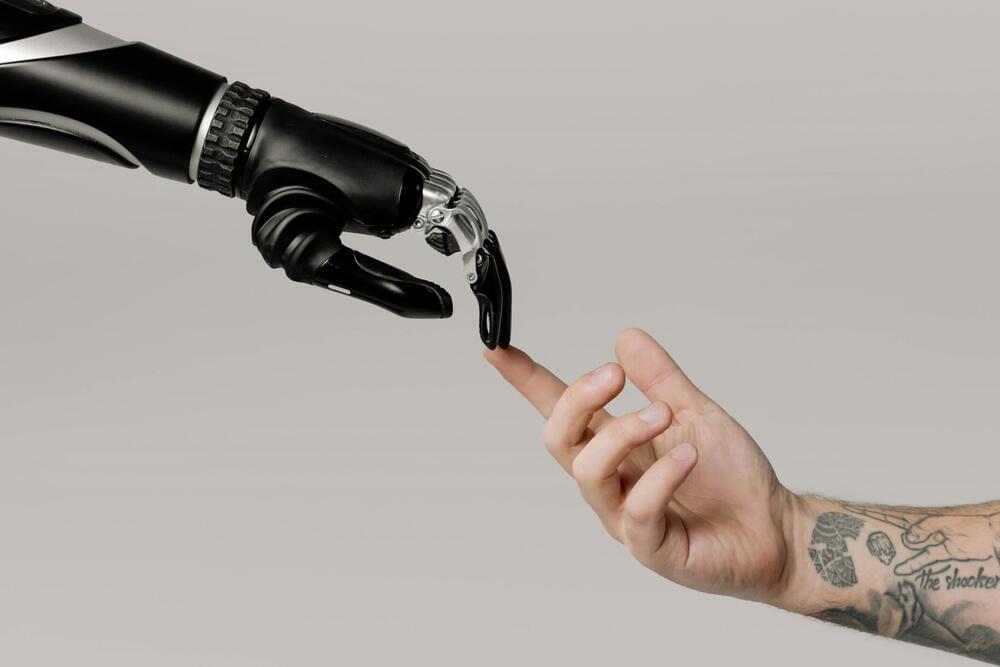Dec 24, 2024
Police officers are starting to use AI chatbots to write crime reports. Will they hold up in court?
Posted by Omuterema Akhahenda in category: robotics/AI
OKLAHOMA CITY (AP) — A body camera captured every word and bark uttered as police Sgt. Matt Gilmore and his K-9 dog, Gunner, searched for a group of suspects for nearly an hour.
Normally, the Oklahoma City police sergeant would grab his laptop and spend another 30 to 45 minutes writing up a report about the search. But this time he had artificial intelligence write the first draft.
Pulling from all the sounds and radio chatter picked up by the microphone attached to Gilmore’s body camera, the AI tool churned out a report in eight seconds.


















